Solo Leveling is one of the most popular manhwa in recent times. But how has the studio that animated the anime affected it?
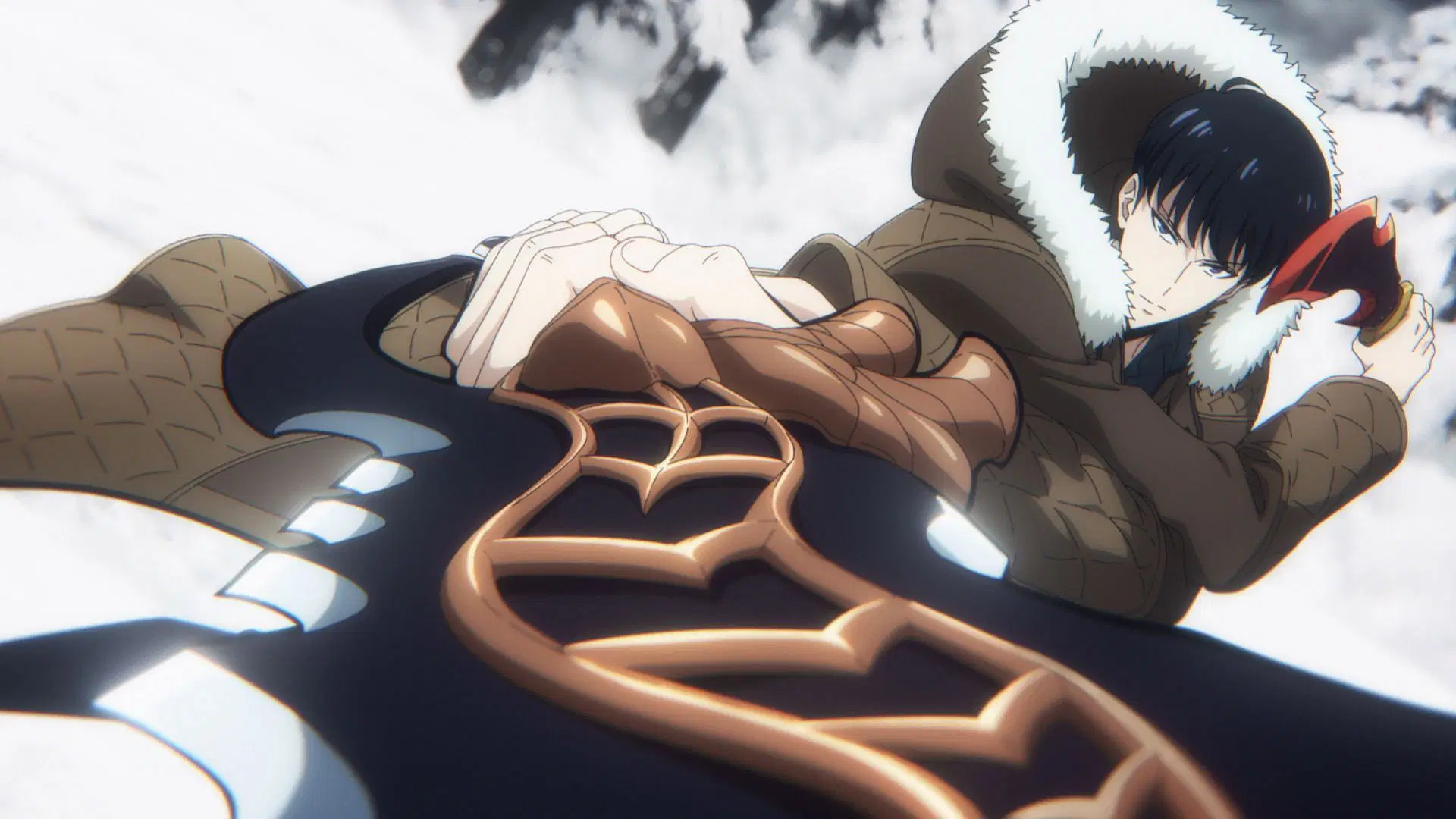
Solo Leveling is a really popular webtoon, and fans have been waiting a long time to see it turned into an anime. When it was announced that A-1 Pictures, a Japanese animation studio, would be in charge, fans were not exactly excited about the studio animating it. People were thrilled because A-1 Pictures has made some popular anime like Sword Art Online and Kaguya-sama: Love is War. But some fans wondered—should Korea have made the Solo Leveling anime themselves?
Let’s get into the main part of this question and look at some tricky topics, like anti-Japan sentiments tied to the story, the changes made for localization, and whether A-1 Pictures has really respected the original work.
Japan as Portrayed in Solo Leveling
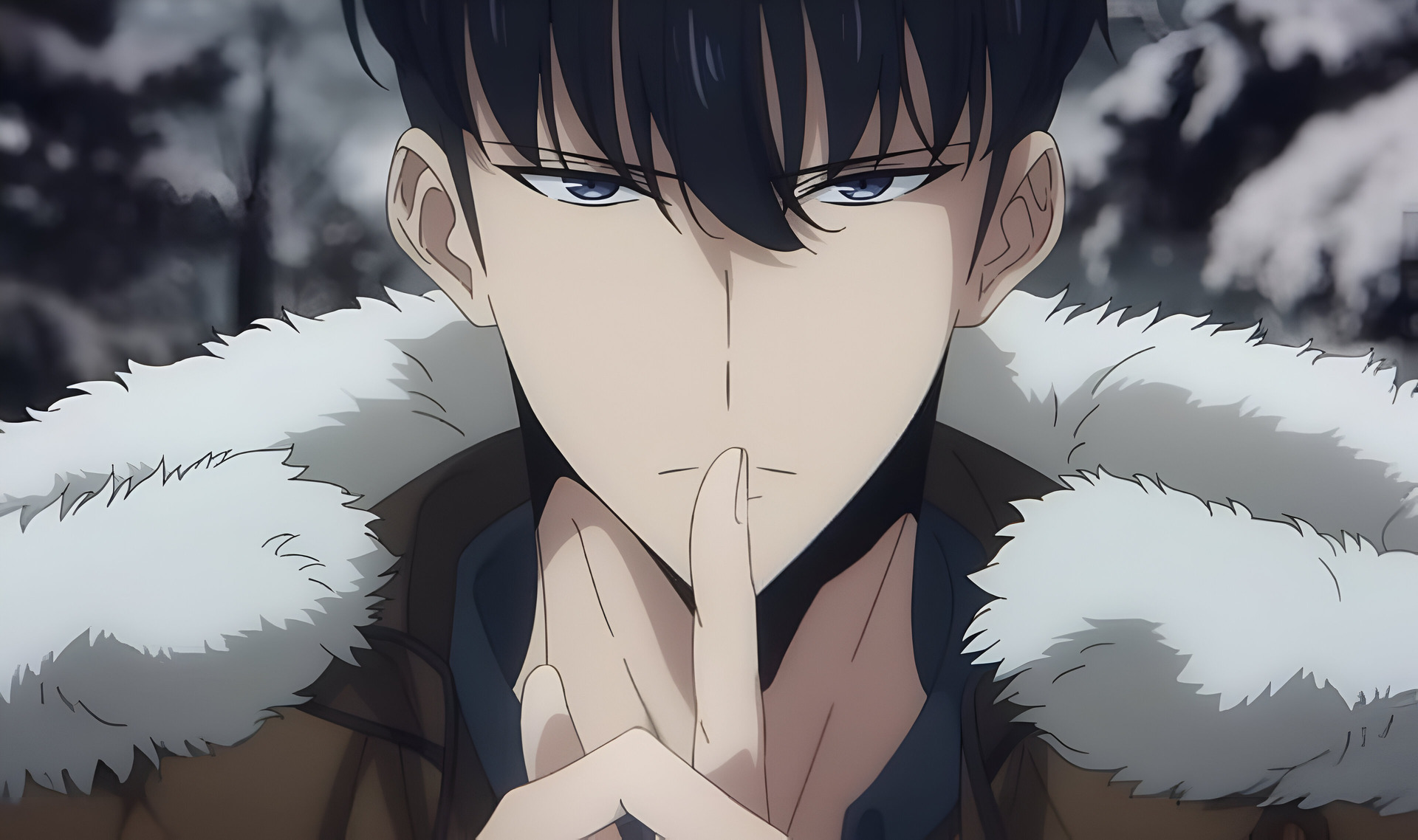
In Solo Leveling, Japan is depicted primarily through its hunters and dungeons. The portrayal tends to lean towards showing Japan as a competitive force in the world of hunters. However, there are underlying themes that reflect a rivalry between Korea and Japan, which can be sensitive given historical tensions.
While the series does not delve deeply into political issues, some viewers interpret certain elements as reflective of broader cultural sentiments. For instance, when Korean characters face off against Japanese hunters, it can stimulate feelings of nationalism among fans. This portrayal can lead to mixed reactions, especially in light of historical resentments between Korea and Japan.
If the manhwa were not as popular as it is, this might not have been a problem. But alas, the manhwa is loved by a lot of people. The depiction of Japan in Solo Leveling can be seen as residual animosity from the writing team. However, it also opens up discussions about how cultural representations can impact viewer enjoyment and feelings about real-world relationships between countries.
The Localization of Names in the Solo Leveling Anime
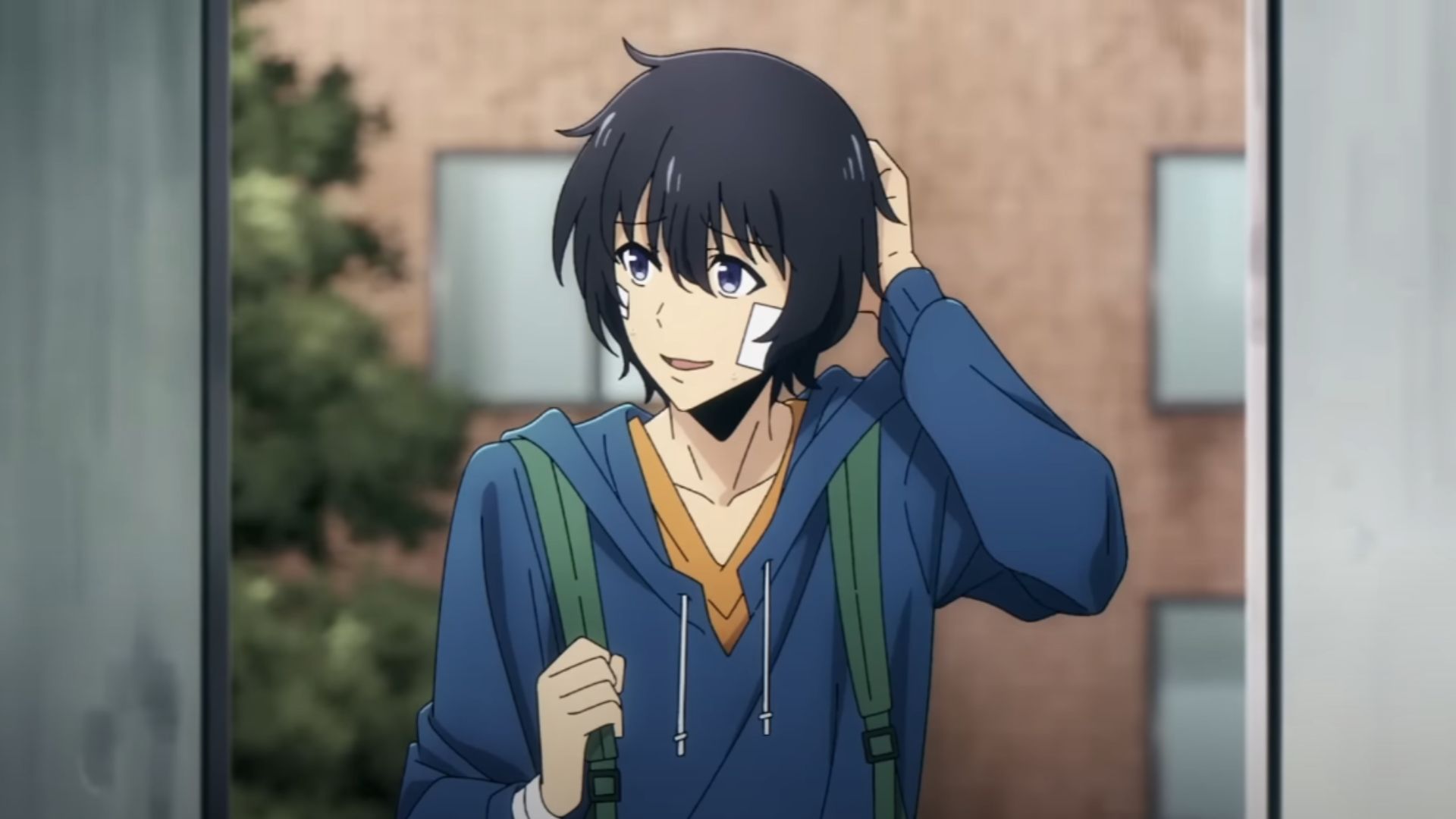
One notable aspect of adapting Solo Leveling into an anime format is the localization of names. In the original webtoon, many characters have names that carry specific meanings or cultural significance in Korean. When these names are translated for an international audience, some meaning can be lost in translation.
For example, characters like Sung Jin-Woo retain their original names in the anime, while others might see changes that could alter their cultural context. This localization process aims to make the content more accessible to non-Korean audiences but can sometimes detract from the authenticity of the characters.
Fans often debate whether localization enhances or diminishes their connection to the story. While some appreciate easier pronunciation, others feel that changing names strips away part of what makes each character unique within their cultural framework.
Anime Adaptations of Webtoons vs. Korean Adaptations
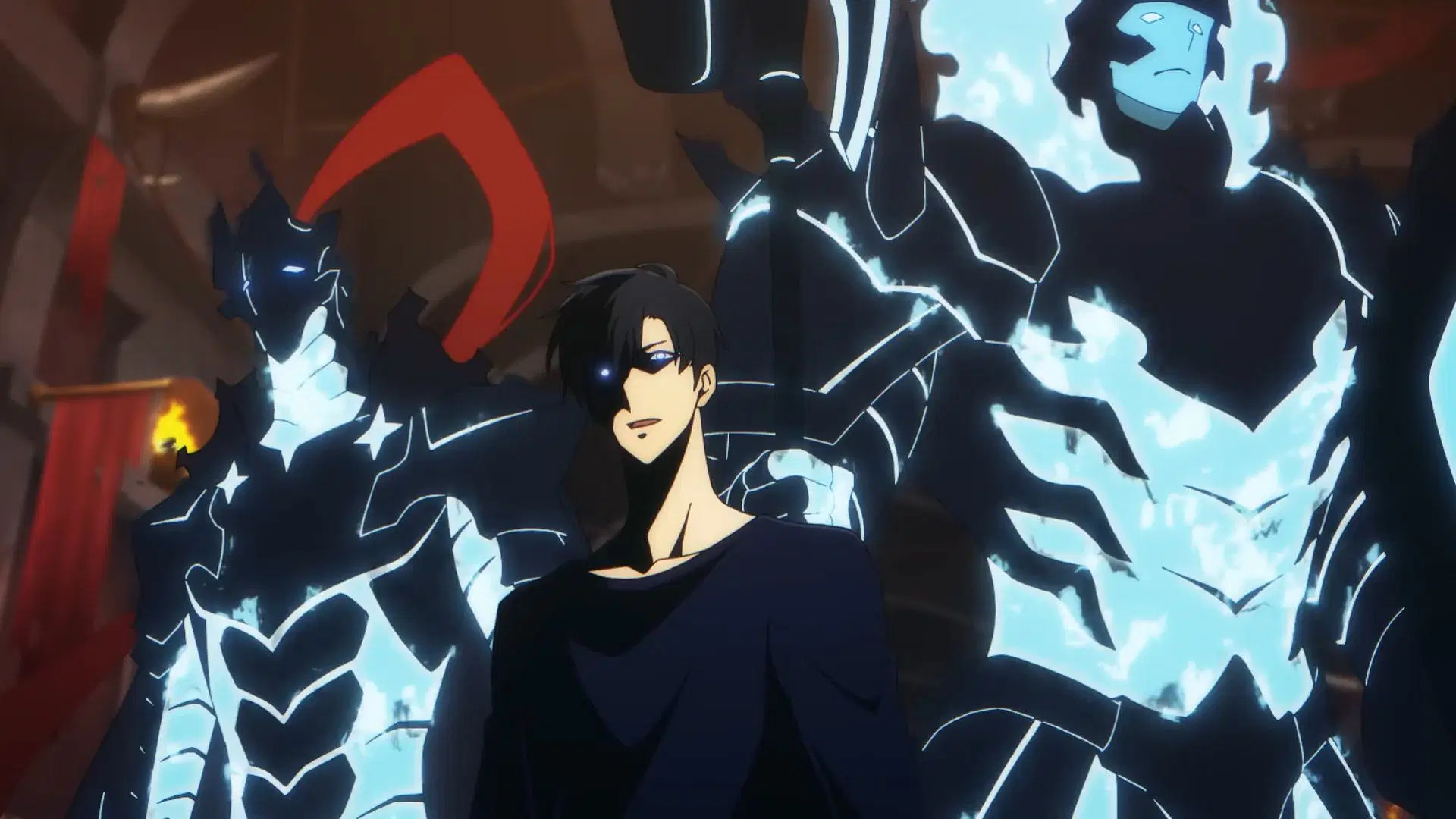
When looking at anime versions of webtoons like Solo Leveling and how they compare to Korean versions, there are clear differences in style and execution. Japanese anime usually has exceptional animation and captivating storytelling, while Korean adaptations often pay more attention to character development and emotional depth.
Viewers appreciate Solo Leveling’s stunning visuals and action scenes, but some criticize its pacing and character changes from the original story. This highlights a challenge faced by many adaptations, especially across borders. How do you balance loyalty to the original story while creating an engaging viewing experience for a wide audience?
So, the question is, would Solo Leveling have been better off as a Korean animated series or even a live-action drama? Personally, I think a Korean adaptation could have preserved the story’s authenticity better. It would have stayed true to its cultural roots, and Jin-Woo would still be Jin-Woo. But let’s be real—animation production in Korea doesn’t have the same budget or global reach as Japan’s anime industry.
That’s probably why the creators decided to go with A-1 Pictures. This is a very reasonable decision, but with the number of fans the manhwa has, it probably would not have mattered much as long as they did a good job. For a live-action drama, no, it would not be better.
Preserving Solo Leveling’s Authenticity vs. a Better Production
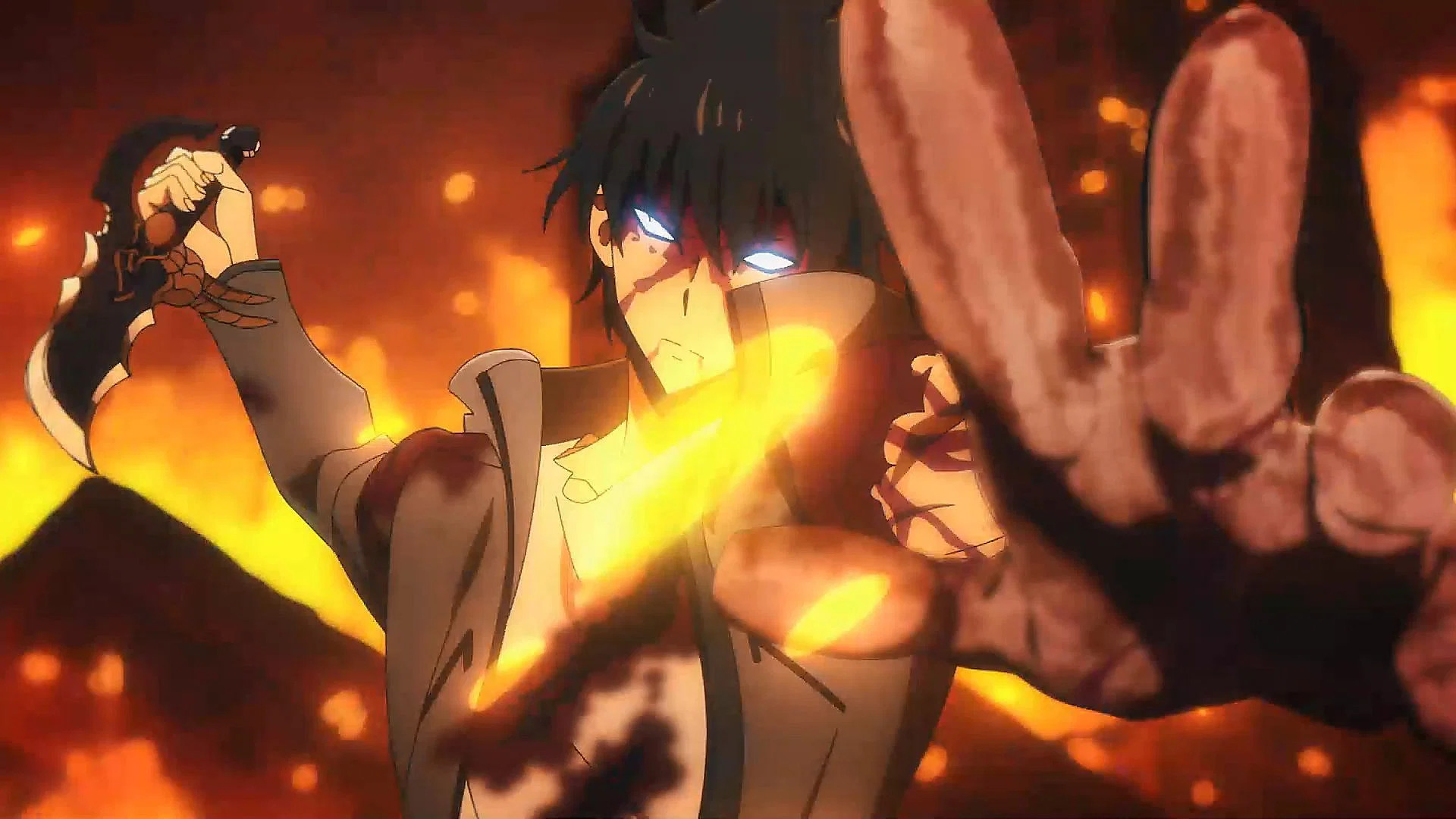
One of the ongoing debates surrounding the Solo Leveling anime is how to balance preserving its authenticity with delivering a high-quality production. Fans have expressed concerns that certain changes made to the animation may alter what made Solo Leveling special in its original form.
For example, some viewers feel that comedic elements present in the webtoon were toned down or omitted entirely in favor of a more serious tone in the anime adaptation. While this choice may enhance dramatic moments, it risks losing some of the charm that endeared readers to Jin-Woo’s journey. From the cultural nuances to the names of the characters, everything about it screams Korea. Stripping away those elements risks losing what made it special in the first place.
On the other hand, producing an anime that appeals to a wider audience often requires adjustments to pacing and character development. A-1 Pictures faces pressure to create an engaging product while staying true to what fans love about Solo Leveling. The trailers alone showcase some breathtaking visuals, and it’s clear they’re putting a lot of effort into this project. If the goal is to make Solo Leveling a global hit, then choosing a studio with that level of expertise makes sense.
So, should Korea have made the Solo Leveling anime? Honestly, it depends on what you value more. If you treasure authenticity and cultural representation, then yes, Korea probably should have handled the adaptation. But if you care more about high-quality animation and global reach, then A-1 Pictures was the right choice.
Has A-1 Pictures Done Justice to the Solo Leveling Anime?
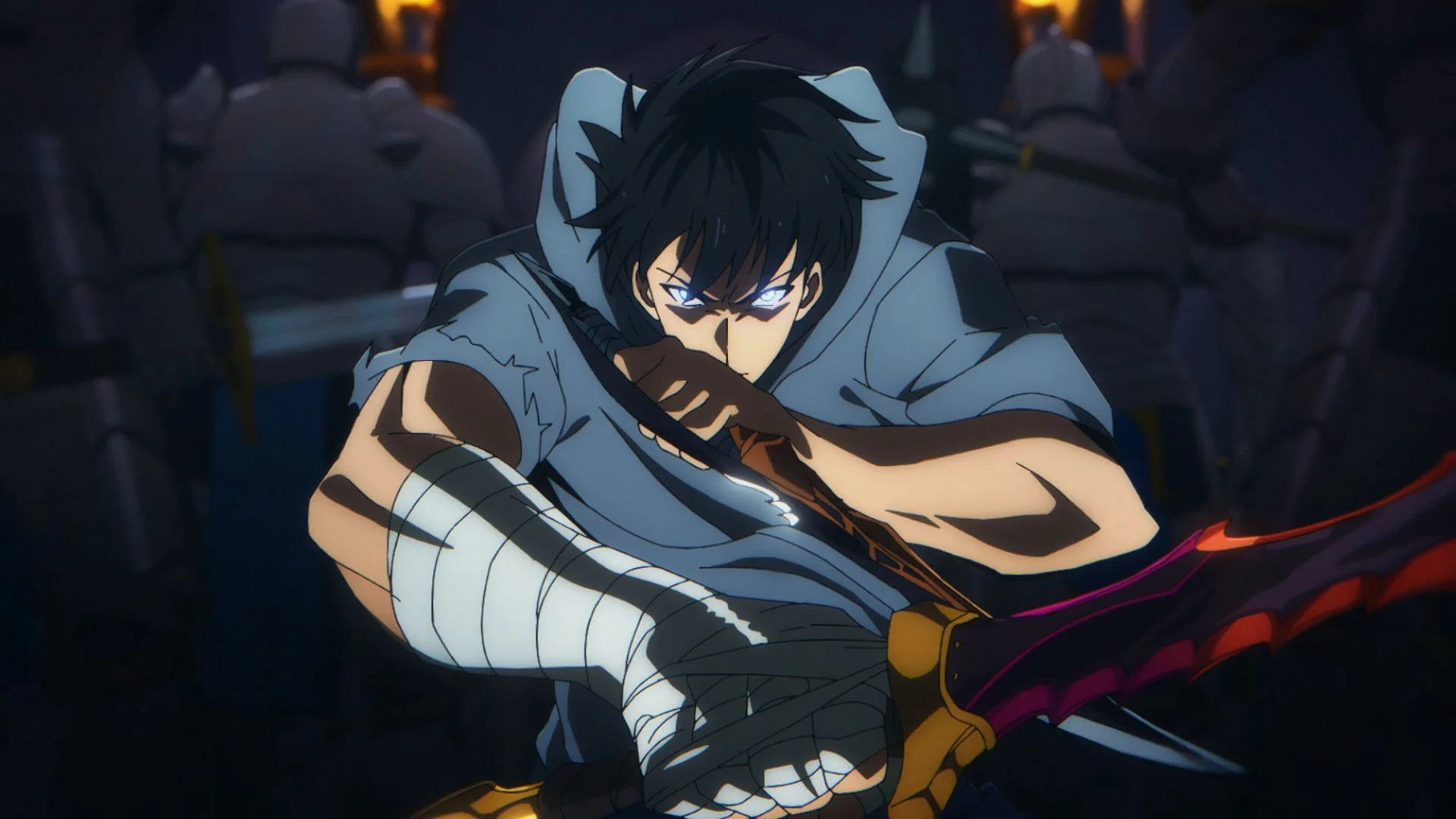
A-1 Pictures has a reputation for producing visually stunning anime with high-quality animation. With Solo Leveling, they have certainly delivered impressive visuals that capture many iconic moments from the webtoon. The animation during fight scenes showcases fluid motion and dynamic choreography that fans have come to expect from top-tier productions.
However, despite these strengths, there are criticisms regarding pacing issues and character portrayals that deviate from their original designs or personalities. Some fans feel that certain episodes do not do justice to Jin-Woo’s character growth or emotional depth compared to how he was portrayed in the webtoon.
Additionally, the controversy surrounding Studio PPURI’s involvement raised eyebrows among viewers concerned about potential biases or misrepresentation within production choices. The backlash led to Studio PPURI being removed from the credits after accusations related to anti-men sentiments emerged. This situation further complicated discussions around authenticity versus production quality.
Overall, though, A-1 Pictures has succeeded in creating an engaging visual experience for Solo Leveling, even if some narrative elements may not resonate perfectly with all fans.
Conclusion
In conclusion, whether Korea should have made the Solo Leveling anime remains a complex question. The film showcases stunning visuals and exciting fight scenes but raises concerns about cultural representation and authenticity.
As we continue exploring this universe filled with powerful hunters battling formidable foes, we must consider how adaptations impact our understanding of these stories. Ultimately, it’s about finding ways for creators across cultures to collaborate while respecting the integrity of original works.
The journey through Solo Leveling offers plenty of excitement; however, it also serves as a reminder about navigating sensitive topics within storytelling. As fans eagerly await future episodes, we hope for continued growth, both creatively and culturally, within the anime landscape.
Looking For More?
Thank you for reading the article. We provide the latest news and create guides for Baldur’s Gate 3, Starfield, ARK Survival Ascended, and more. Also, watch Deltia play games on Twitch or visit his YouTube channel!
 Reddit
Reddit
 Email
Email